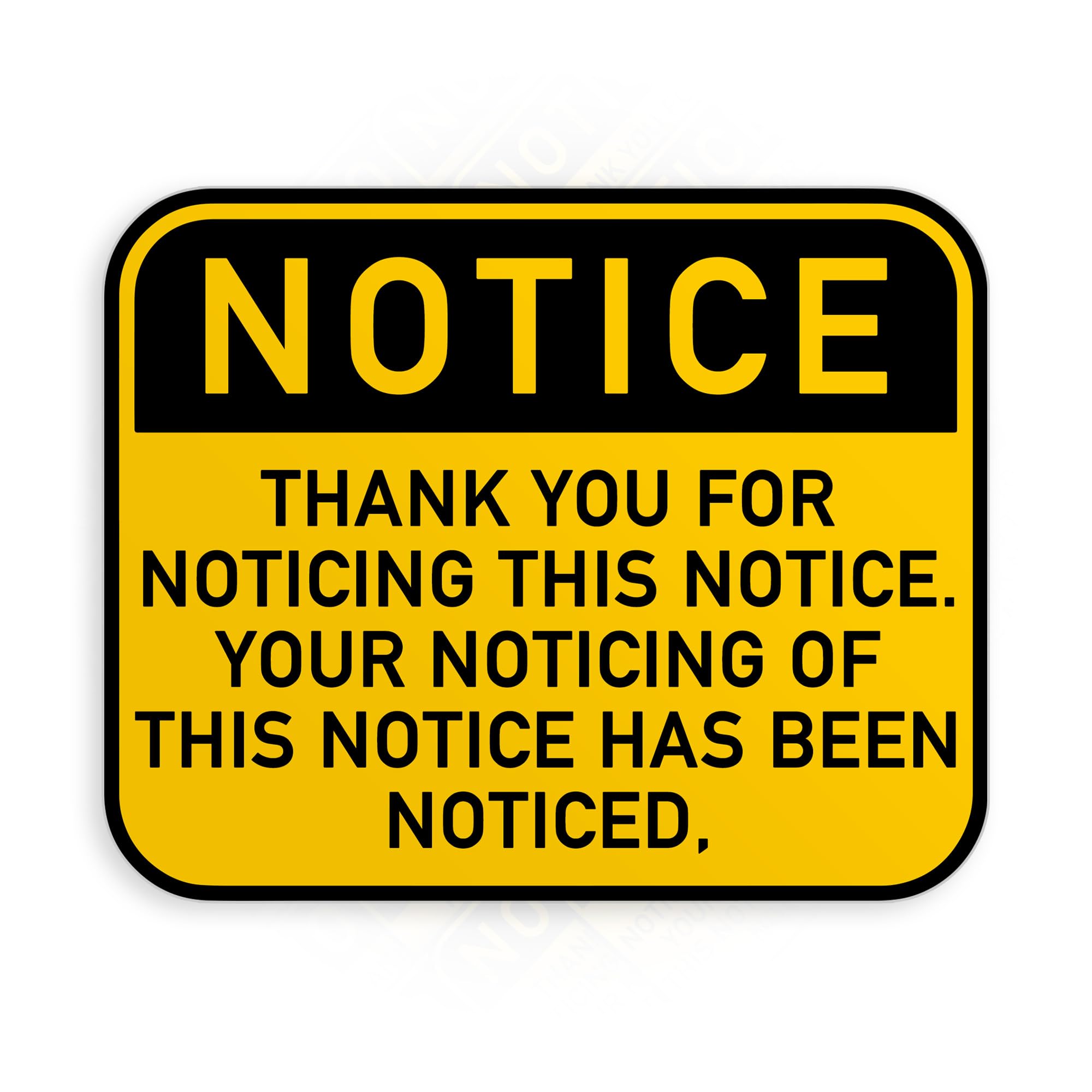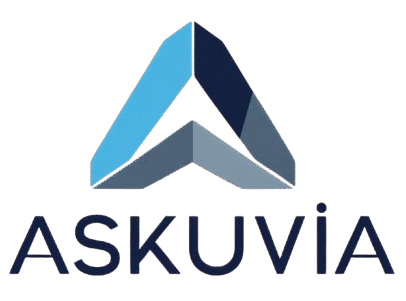“Thank you for noting” is a professional expression used in written and spoken communication to acknowledge when someone records, observes, or highlights a detail. The phrase belongs to formal English and is frequently applied in business emails, academic papers, compliance documents, and official correspondence.
This guide explores the meaning, variations, real-world usage, tone considerations, alternatives, and cultural implications of the phrase. It also provides templates, examples, and FAQs designed to help professionals, researchers, and organizations use the phrase effectively.

What Does “Thank You for Noting” Mean?
The phrase “thank you for noting” expresses gratitude for acknowledgment. It shows appreciation when an individual:
-
Records information.
-
Mentions an important issue.
-
Highlights a specific correction.
-
Confirms a procedural update.
It is less about observation and more about acknowledgment or documentation. In professional communication, it signals respect for attention to detail.
Difference Between “Thank You for Noting” and “Thank You for Noticing”
| Feature | Thank You for Noting | Thank You for Noticing |
|---|---|---|
| Meaning | Acknowledgment or recording | Observation or perception |
| Register | Formal and semi-formal | Informal and neutral |
| Contexts | Academic, legal, workplace | Everyday speech, casual writing |
| Example | “Thank you for noting the correction in the report.” | “Thank you for noticing the change in my style.” |
| Frequency | Common in official writing | Common in daily conversation |
The difference lies in function. “Noting” confirms documentation, while “noticing” describes sensory perception.
Why Use “Thank You for Noting” in Professional Settings?
1. Business Communication
-
Managers use it to confirm receipt of project updates.
-
HR teams apply it in performance appraisals.
-
Legal departments rely on it for compliance acknowledgment.
Example: “Thank you for noting the revised contract terms.”
2. Academic Correspondence
-
Researchers employ it in response letters to peer reviewers.
-
Universities use it in notices to confirm received corrections.
Example: “Thank you for noting the gap in our literature review.”
3. Government and Policy Writing
-
Public institutions use it in circulars, policy updates, and compliance memos.
Example: “Thank you for noting the revised health guidelines.”
Tone and Etiquette in Usage
Clear tone ensures effective communication. Tone shifts depending on sentence structure.
-
Formal: “Thank you for noting the discrepancy in our audit.”
-
Neutral: “Thank you for noting the issue with delivery.”
-
Polite but curt: “Noted. Thank you.” (may seem cold in sensitive contexts).
Best practice is to pair acknowledgment with specific context and, when possible, next steps.
Examples of Usage in Different Contexts
Academic Setting
-
“Thank you for noting the missing references; we have added them.”
-
“Thank you for noting the inconsistency in our data.”
Workplace Setting
-
“Thank you for noting the updated client requirements.”
-
“Thank you for noting the timeline adjustments.”
Legal Setting
-
“Thank you for noting Clause 7 of the agreement.”
-
“Thank you for noting the regulator’s new deadline.”
Customer Service Setting
-
“Thank you for noting the billing error; we will resolve it.”
-
“Thank you for noting the damaged shipment.”
Best Alternatives to “Thank You for Noting”
-
I appreciate your attention to detail.
-
Thanks for pointing that out.
-
Your observation is valuable.
-
I am grateful for your input.
-
Thanks for highlighting this matter.
-
I appreciate your careful review.
-
Thank you for mentioning this issue.
-
I value your contribution.
-
Thanks for identifying the error.
-
I appreciate your thoroughness.
Each alternative conveys acknowledgment but varies in tone and formality.
Situations Where “Thank You for Noting” Fits Best
-
Audit Reporting: “Thank you for noting the financial discrepancy.”
-
Project Management: “Thank you for noting the milestone delay.”
-
Compliance: “Thank you for noting the updated regulations.”
-
Peer Review: “Thank you for noting our methodological error.”
-
Customer Service: “Thank you for noting the incorrect invoice.”
-
Policy Updates: “Thank you for noting the new submission guidelines.”
-
Technical Writing: “Thank you for noting the missing variable.”
-
Meeting Summaries: “Thank you for noting the decision outcomes.”
Common Mistakes with “Thank You for Noting”
-
Using it when “noticing” is intended.
Wrong: “Thank you for noting the sunset.”
Correct: “Thank you for noticing the sunset.” -
Using it without context.
Wrong: “Thank you for noting.”
Correct: “Thank you for noting the budget correction.” -
Overusing curt replies.
Wrong: “Noted. Thank you.” (may appear dismissive).
Correct: “Thank you for noting the update; we will adjust accordingly.”
Best Practices for Using the Phrase
-
Ensure the subject is clear.
-
Provide contextual detail.
-
Match the formality to the situation.
-
Avoid curt or vague replies.
-
Use alternatives when repetition reduces effectiveness.
Cultural and Linguistic Variations
In multilingual contexts, “thank you for noting” adapts to cultural tone.
-
French: Merci d’avoir noté.
-
German: Danke fürs Anmerken.
-
Spanish: Gracias por señalar.
Cultures valuing indirect communication may view curt acknowledgment as impolite. Longer, appreciative forms are more acceptable.
Extended Examples for Workplace Emails
-
“Thank you for noting the inconsistency in last quarter’s sales figures. We have corrected the spreadsheet.”
-
“Thank you for noting the additional training requirements. HR will schedule sessions.”
-
“Thank you for noting the duplication in the reference list. It has been fixed.”
Adding follow-up details demonstrates professionalism.
Advanced Templates:
Feedback Response Template
“Thank you for noting [specific feedback]. We have implemented the necessary revisions.”
Compliance Template
“Thank you for noting [specific clause/update]. The document has been amended to reflect this.”
Customer Service Template
“Thank you for noting [customer concern]. Our team has taken action to resolve the issue.”
SEO Considerations for “Thank You for Noting”
-
Primary Keyword: thank you for noting
-
Related Keywords: thank you for noticing, thanks for pointing out, professional acknowledgment phrases, workplace communication phrases
-
Long-Tail Variations: how to use thank you for noting in an email, thank you for noting vs thank you for noticing, professional alternatives to thank you for noting
Using these related terms helps Google recognize semantic depth and context.
Frequently Asked Questions (FAQs):
Q1. Is “thank you for noting” grammatically correct?
Yes. The phrase is correct and commonly used in formal English communication.
Q2. What is the difference between “noting” and “noticing”?
“Noting” means acknowledgment or documentation. “Noticing” means perception or observation.
Q3. Can I use “thank you for noting” in casual conversations?
It is uncommon in casual speech. “Thank you for noticing” is more natural in informal settings.
Q4. What are professional alternatives to “thank you for noting”?
Alternatives include: “I appreciate your attention to detail,” “Thanks for pointing that out,” and “Your observation is appreciated.”
Q5. Why is “thank you for noting” popular in academic writing?
It acknowledges reviewer feedback in a precise, formal tone that suits academic standards.
Q6. How do I avoid sounding curt when using the phrase?
Add context and follow-up action: “Thank you for noting the issue; we have corrected it.”
Q7. Which industries commonly use the phrase?
Academia, corporate management, compliance, legal documentation, and customer service.
Learn More: How Many Grains in a Pound? Complete Conversion, History, and Uses
What Time Does Burger King Serve Lunch?
Conclusion:
“Thank you for noting” is a precise acknowledgment phrase suitable for academic, professional, and formal contexts. It communicates respect for careful observation and documentation. Unlike “thank you for noticing,” it emphasizes recognition and record-keeping rather than sensory perception.
By pairing the phrase with specific context and follow-up actions, professionals can maintain clear, respectful, and effective communication. When used correctly, “thank you for noting” strengthens workplace relationships, enhances academic responses, and ensures compliance in institutional communication

